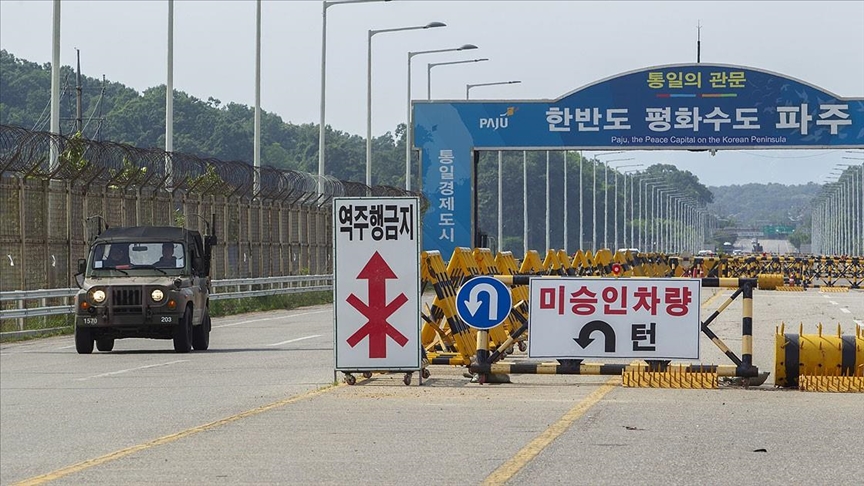
GENEVA
Measures taken in North Korea in the aftermath of the first COVID-19 outbreak may have a “devastating” impact on the human rights situation in the country, said the UN Human Rights Office.
Speaking at a news conference, Liz Throssell, a spokesperson for the office, said that following the outbreak of COVID-19, North Korea closed its borders and later restricted access to food and medicine while repressing civil rights.
She said the state-run Korean Central News Agency (KCNA) reported that, as of May 16, 56 people, including at least six children, have died of COVID-19.
KCNA said that 663,910 people were undergoing medical treatment due to fever.
Earlier, the World Health Organization also expressed concern, with Poonam Khetrapal Singh, WHO South-East Asia regional director, saying the world health body was “ready to support the government and the people of DPR Korea to respond to the pandemic and save lives."
No vaccination rollout
Throssell told journalists: "In the absence of any vaccination rollout, the pandemic's reported spread may have a devastating impact on the human rights situation in the country.
"The DPRK (North Korea) has a very limited healthcare infrastructure to cope with such a crisis, as it lacks testing capacity, essential medicines, and equipment."
She said the Human Rights Office urges authorities in Pyongyang to ensure that all measures adopted to tackle the pandemic are "necessary, proportionate, non-discriminatory, time-bound, and strictly in line with international human rights law."
The UN official said North Korea closed its borders in January 2020 as the pandemic first began spreading worldwide and it limited internal freedom of movement.
The closure resulted in restricted access to food, medicines, and healthcare.
"There has also been an increase in the repression of civil and political rights during this period, which has included a policy authorizing the use of lethal force against people attempting to leave or enter the country, and more severe penalties for accessing independent information from outside the DPRK," said Throssell.
Stricter isolation
She said the latest restrictions include putting people under stricter isolation and imposing further travel restrictions with dire consequences for those already struggling to meet their basic needs – including getting enough food to eat.
"Children, lactating mothers, older people, the homeless, and those living in more isolated rural and border areas are especially vulnerable," said the UN rights office spokesperson.
"Those in detention are also particularly exposed to the risk of infection due to the high concentrations of people in confined spaces and limited access to hygiene and healthcare."
"We urge the DPRK authorities to ensure that all measures adopted to tackle the pandemic are necessary, proportionate, non-discriminatory, time-bound, and strictly in line with international human rights law," said Throssell.
Anadolu Agency website contains only a portion of the news stories offered to subscribers in the AA News Broadcasting System (HAS), and in summarized form. Please contact us for subscription options.







